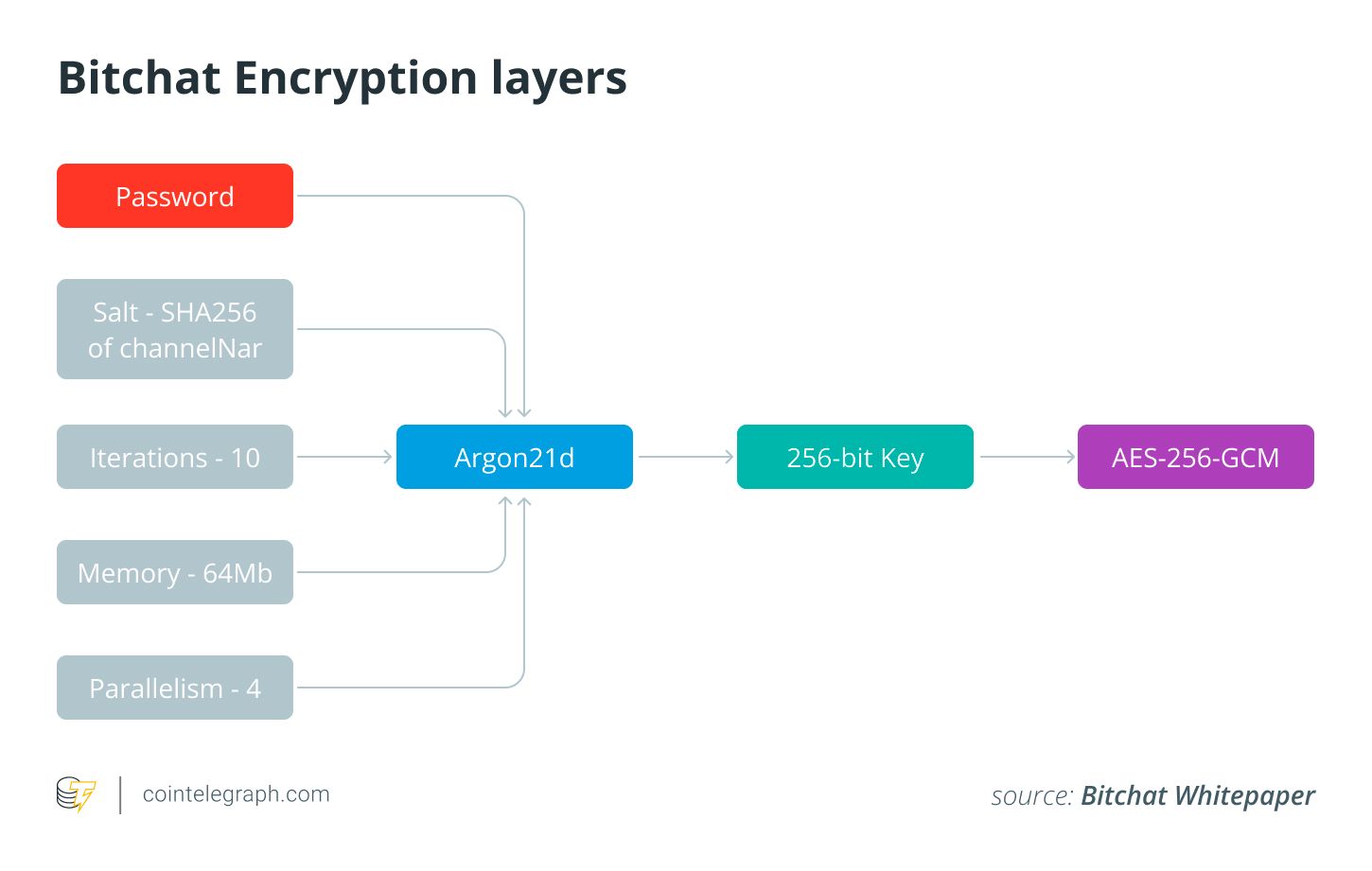How to Use Bitchat — The Decentralized Messaging App That Works Without Internet
-

Bitchat isn’t your average messenger. Built for privacy, resilience, and total independence from telecom networks, it uses Bluetooth mesh networking to connect people — even if there’s no internet or cell signal.
Here’s what you need to know to get started and why it matters.
 Getting Started
Getting StartedAvailability:
iOS: Only via Apple’s TestFlight (beta version is currently full). Android: An unofficial community build is available on GitHub as an APK. You’ll need to sideload it (download from GitHub and install from your browser).Setup:
No phone number, no email, no personal details. The app automatically assigns you a nickname (like anon1234) — you can change it later. Once open, Bitchat scans for nearby peers via Bluetooth mesh.Using Bitchat:
The interface feels a bit like old-school IRC chat rooms. Messages hop across devices until they reach their destination — no central server involved. Emergency wipe: Triple-tap to instantly clear all local data. Real-World Use Cases
Real-World Use CasesBitchat is not just for privacy enthusiasts — it can be a lifeline:
Disaster Coordination In hurricanes, earthquakes, or blackouts, mesh networks can keep communities and responders connected when cell towers fail. Events & Protests At crowded festivals or rallies where mobile networks jam, Bitchat can run group chats and announcements across the entire venue without internet. Censorship Resistance In regions with restricted internet, messages can be stored locally and sync whenever one device briefly connects to Wi-Fi, spreading across the mesh. Rural Community Links Villages or remote communities can maintain direct comms without needing centralized infrastructure. Did you know? Apps like Bridgefy saw a 4,000% usage spike during the Hong Kong protests thanks to their offline, peer-to-peer messaging power.
Did you know? Apps like Bridgefy saw a 4,000% usage spike during the Hong Kong protests thanks to their offline, peer-to-peer messaging power.
 Why Mesh Networks Matter
Why Mesh Networks MatterResilient: No single point of failure. Private: Fully encrypted, no central logs. Censorship-proof: Can’t be shut down like a server-based platform. Global Potential: From Starlink’s satellite mesh to Google Nest’s home mesh, the concept is already growing. ️ What to Keep in Mind
️ What to Keep in MindMesh range is limited — works best in dense areas or events. Messages typically expire after 12 hours on a device. Because of privacy-by-design, law enforcement can’t trace messages, which raises policy debates.Bottom line:
Bitchat isn’t just another chat app — it’s a peek into the future of decentralized communication. Whether you’re at a music festival, in a rural village, or facing an internet blackout, it gives you the power to stay connected without permission from ISPs, governments, or Big Tech. -
The real challenge for mesh messengers like Bitchat isn’t the tech — it’s adoption density. In a dense urban protest, the network can feel instant. In rural areas, you might be waiting minutes for a hop unless enough people are running the app. But the potential is huge. Imagine a world where every phone, watch, and even IoT device doubles as a mesh node. You’d have a resilient, censorship-proof network riding silently alongside the internet — and no one could “switch it off.” If Starlink’s satellite mesh and phone-based mesh tech converge, we might be looking at the foundation of a parallel, people-owned internet.
-
Bitchat feels like one of those “sleeper tech” projects that no one takes seriously… until the day you absolutely need it. The idea of a fully decentralized, Bluetooth mesh-based messenger with zero personal data is a big step toward true communication sovereignty. No phone number, no SIM, no towers — just direct peer-to-peer hops. In places with censorship, network throttling, or even natural disasters, that’s not just a convenience — it’s survival tech. The triple-tap emergency wipe is also genius, especially for activists or journalists operating under surveillance risk. This is the kind of tool that makes governments nervous for all the right reasons.

















